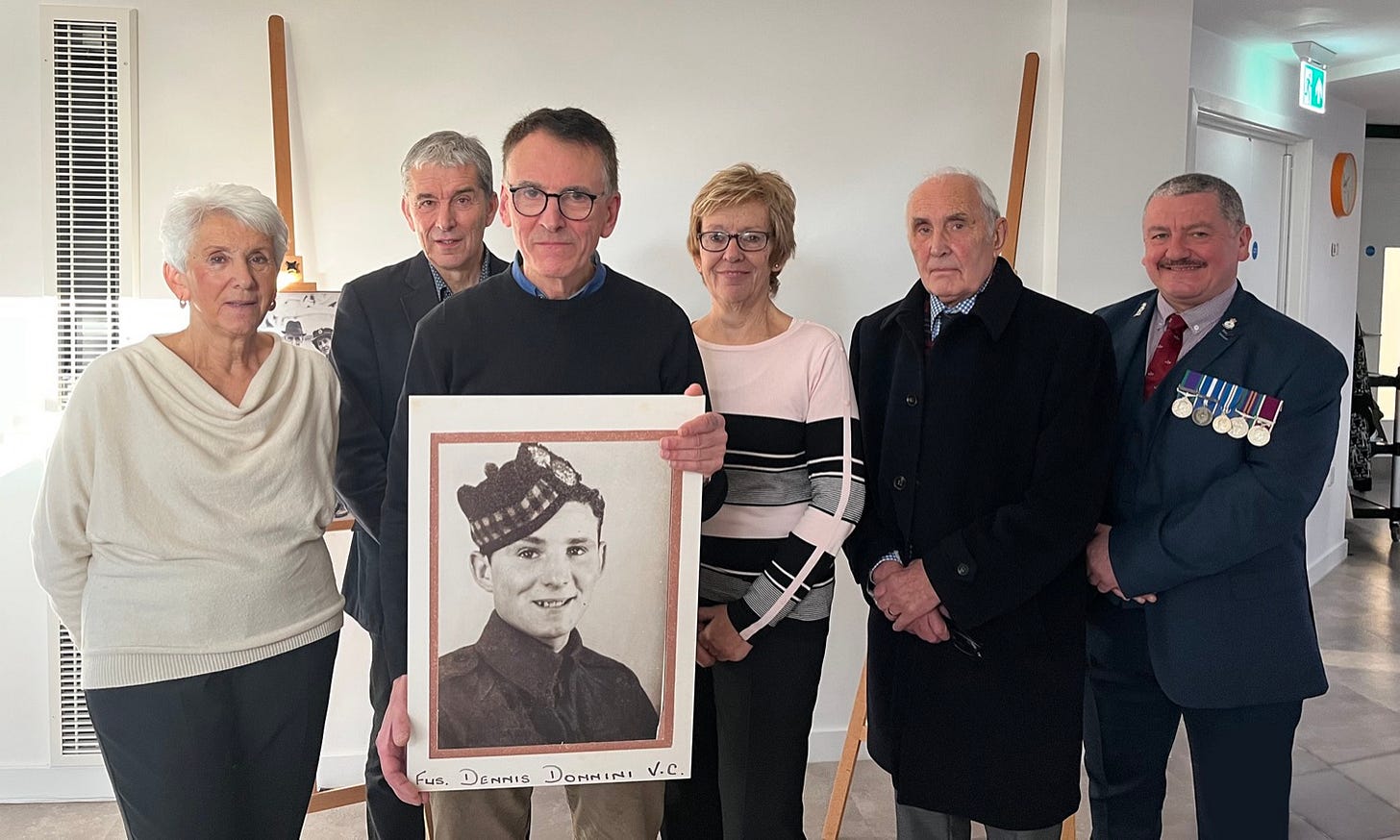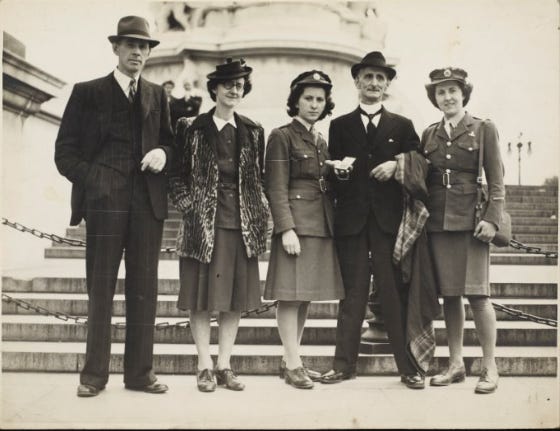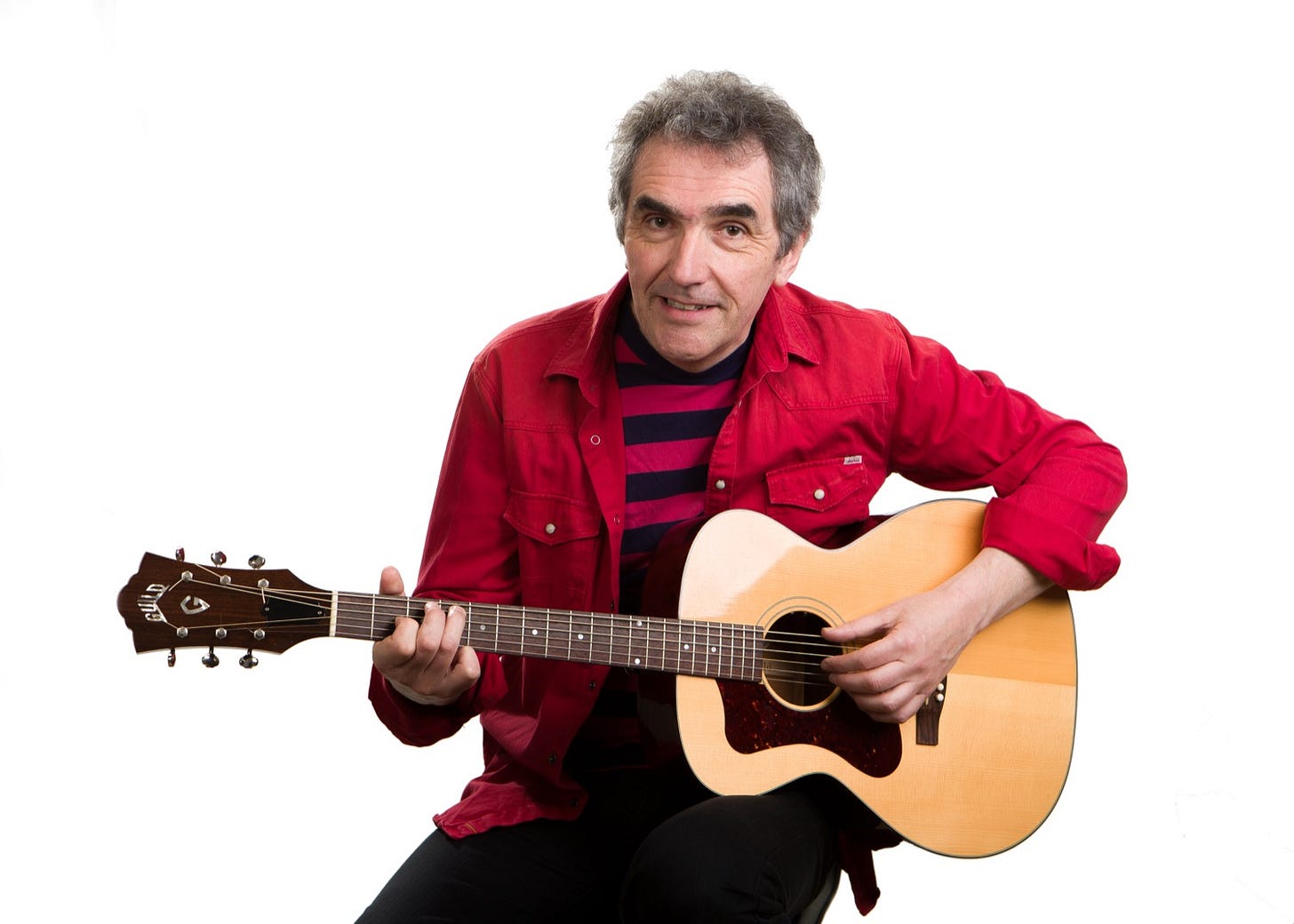Remembering the North East’s youngest VC
Musician helps mark centenary of young war hero who shared same pit village. Tony Henderson reports
Award-winning songwriter, musician and novelist Jez Lowe will step back a century to pay tribute to a 19-year-old soldier who grew up in the same County Durham pit village as he did.
In a 45-year performing career in the folk music field and with 15 albums to his credit, Jez has written about a wide range of topics, many of them with a local and regional focus.
Jez hails from Easington Colliery, as did Fusilier Dennis Donnini, who became the youngest soldier in the Second World War to be awarded the Victoria Cross.
Dennis was killed in the action in which he earned the VC for what his citation describes as his “magnificent courage” that inspired his unit to overcome an enemy force twice their size, resulting in the capture of 30 German soldiers and two machine guns.
Now the 100th anniversary of his birth has been marked by a gathering of family members at The Story, Durham County Council’s culture, heritage and registration venue.
Jez will also be referring back to his song about Dennis at his gig at 7.30pm on Friday (November 21) in the Old Cinema Laundrette music venue in Durham.
Jez’s song about the young trooper features on his 2004 album Dolally. He said: “I have taken the song all over the world on tours from the United States and Canada to Australia, I just felt that it was something that should be written about.”
He recalls passing the sweet shop in the village, run by Dennis’s sister Corinna, on his way to school every day.
“There was a picture of Dennis in the window, draped by the Victoria Cross,” said Jez, who plays with two bands, the Bad Pennies and the Pitmen Poets, and whose Christmas tour begins on December 5 and includes locations like The Glasshouse in Gateshead, Bishop Auckland and Cramlington.

At The Story event, Dennis’s nephew Tony Putsman gave a presentation on the importance of his legacy to County Durham.
The Story is also digitising the Donnini family archive, and the visit was a chance to see the progress made so far.
Jerome Donnini, another of Dennis’s nephews, said: “It’s been wonderful and quite emotional to pay tribute to Dennis’s memory alongside so many family members. It’s a source of great pride to us all and we’re delighted The Story is helping to keep his memory alive by preserving the family archive.
“It’s so important that we remember people like Dennis who gave their lives for our freedom. Dennis was one of 64 men involved in the attack that day and there were 32 left standing at the end. It’s important we remember them too. They are all heroes.”
Coun Andrew Harrison, Durham County Council’s Armed Forces Champion, said: “The Story is about celebrating ordinary people who achieve extraordinary things and Dennis Donnini VC was just that – a young man from Easington Colliery who demonstrated remarkable bravery and unwavering determination in the face of adversity.

“By digitising the Donnini family archive, we can help to ensure Dennis’s heroic actions are never forgotten, while also documenting an important part of County Durham’s history.”
Dennis was born in Seaside Lane, Easington Colliery, on November 17 1925, one of 10 children of Alfredo Pellegrino Donnini, who emigrated to England in 1899, and his wife Catherine, née Brown, from Sacriston in County Durham.
Alfredo was a confectioner in Station Road in Easington Colliery and a billiards saloon proprietor. The family originally resided at Front Street, South Moor, where they occupied an ice-cream shop.
Dennis’s brother Alfredo, who was in the 9th Battalion Northumberland Fusiliers, was captured at Dunkirk in 1940. Another brother, Deno, died on May 1, 1944, while serving in the Royal Army Service Corps as a driver.
Dennis was educated at Easington Colliery Infants School at Easington Colliery and Corby Hill Roman Catholic School, Sunderland.
He was employed by Durham Cables Ltd at Birtley as a packer and enlisted in June 1944 in the Royal Scots Fusiliers.
During the war his father was interned as an ‘enemy alien’. He was released on King George VI’s command to go to Buckingham Palace to receive his son’s VC.
On January 18 1945, during Operation Blackcock, Fusilier Donnini’s unit was ordered to attack the village of Stein in Selfkant, Germany, near the Dutch border.
They came under concentrated machine gun and rifle fire from village houses and Fusilier Donnini was hit by a bullet in the head. After he recovered consciousness, he charged down 30 yards of open road and threw a grenade into the nearest window. The enemy fled through the gardens of four houses, pursued by Fusilier Donnini and the survivors of his unit.
Fusilier Donnini reached the cover of a barn, 30 yards from the enemy position. Bleeding profusely from his wound, he went into the open under intense close-range fire and carried one of his companions, who had been wounded, into the barn.
Taking a Bren gun he again went into the open, firing as he went. He was wounded a second time but continued firing until a bullet hit a grenade which he was carrying and killed him.




Very interesting and moving piece. Enjoyed reading it. Came to it via Jez Lowe's facebook page.